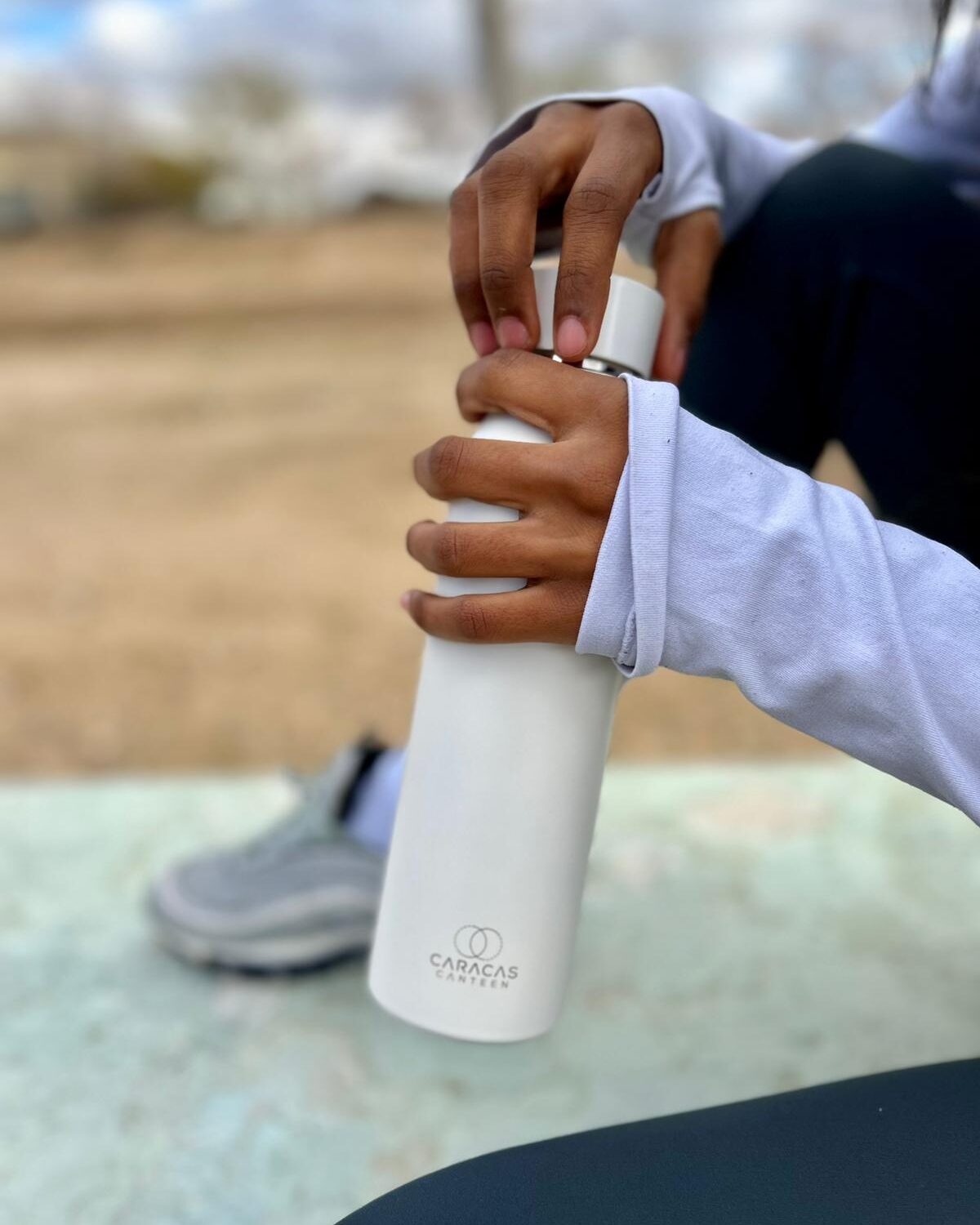Summary
Maria Patrizia Santos and Dr. Kamiya Stewart, recipients of the Alvarez Spark Award from Tulane University, are addressing hydration disparities among women, BIPOC, and low-income communities through the development of smart water bottles. Their project combines technology with a commitment to health equity, aiming to create inclusive and accessible hydration solutions. Their initiative began with a casual conversation about dehydration and has evolved into a significant entrepreneurial endeavor in public health and social justice.
Maria Patrizia Santos, a PhD student in epidemiology at Tulane’s School of Public Health and Tropical Medicine, and Dr. Kamiya Stewart, a graduate of Tulane’s School of Science and Engineering, have received the Alvarez Spark Award. Their mission is to tackle ongoing hydration disparities, especially among women, BIPOC, and low-income communities, by merging technology with a dedication to health equity. Their goal is to develop solutions that are inclusive and accessible. As recipients of the award, they employed a product research method to conduct tests on their smart water bottles.
How did you come to your Alvarez idea? What inspired you to take on this challenge?
Our idea emerged from a casual conversation in one of our living rooms, where a simple discussion about our constant dehydration sparked a journey of entrepreneurship. As researchers, our first step toward improving our hydration habits was diving into the university’s library database. We were surprised to find multiple randomized control trials that showed that water intake tracking was the most effective method to increase water consumption. However, we knew the practice of manually monitoring how much water we drank was not sustainable, leading us to uncover technology  capable of automating this process. In our literature review, we also uncovered unsettling data revealing that the average American suffers from dehydration, prompting us, as equity researchers, to delve deeper into the disparities in dehydration health. Unfortunately, we were right: BIPOC individuals, women, and people with lower incomes were disproportionately affected by dehydration.
capable of automating this process. In our literature review, we also uncovered unsettling data revealing that the average American suffers from dehydration, prompting us, as equity researchers, to delve deeper into the disparities in dehydration health. Unfortunately, we were right: BIPOC individuals, women, and people with lower incomes were disproportionately affected by dehydration.  Surveying other companies promoting water intake through various means, we noticed a glaring gap in their target demographic – they didn’t represent people like us. Recognizing the lack of inclusivity in their marketing, we knew that many in our community likely felt the same. Motivated by our shared commitment to social justice, psychology, and public health, we eagerly embraced the challenge of fostering a cultural shift in the use of technology to encourage health-seeking behavior in our communities.
Surveying other companies promoting water intake through various means, we noticed a glaring gap in their target demographic – they didn’t represent people like us. Recognizing the lack of inclusivity in their marketing, we knew that many in our community likely felt the same. Motivated by our shared commitment to social justice, psychology, and public health, we eagerly embraced the challenge of fostering a cultural shift in the use of technology to encourage health-seeking behavior in our communities.
What mistakes have you made thus far during your experience and what have you learned?
As women of color and first-generation business owners, we’ve encountered challenges inherent in navigating unfamiliar territory. Mistakes we’ve made along the way have been valuable learning experiences, teaching us the importance of seeking mentorship, understanding industry norms, and leveraging our unique perspectives as strengths. We’ve learned to embrace failure as part of the journey, fostering resilience and adaptability in our approach to entrepreneurship.
What skills did you gain as a result of the experience? Why are these skills important for you as a changemaker?
After receiving the Alvarez award, we immersed ourselves in the project, focusing on product design, crafting prototypes for the physical water bottle, experimenting with features for the Bluetooth-connected app, and engaging in meaningful discussions with our target audience. This hands-on experience has sharpened our skills in market analysis, product development, and user-centered design.  These skills are indispensable for us as changemakers, as they enable us to understand the true needs of our communities, adapt our solutions based on feedback, and introduce products that go beyond mere functionality, making a genuine difference in people’s lives. This ethos deeply resonates with our mission of promoting healing, growth, and increased hydration through accessible technology.
These skills are indispensable for us as changemakers, as they enable us to understand the true needs of our communities, adapt our solutions based on feedback, and introduce products that go beyond mere functionality, making a genuine difference in people’s lives. This ethos deeply resonates with our mission of promoting healing, growth, and increased hydration through accessible technology.
What unexpected learning occurred during your experience?
As anticipated, we discovered a strong community desire for a fundamental feature like tracking daily water intake.
Additionally, we were pleased to find that customers favored our water bottle design. Surprisingly, many expressed interest in advanced features such as location tracking and personalized health information linked to their hydration habits. These insights have greatly expanded our understanding of the product’s potential functionalities and strategies for engaging users.
What areas do you want to dive further into after the experience?
Thanks to the feedback we obtained during the initial prototyping, we are keen to start applying for grants that will fund the creation of the smart water bottles with the features that we have tested in the market through design thinking.

